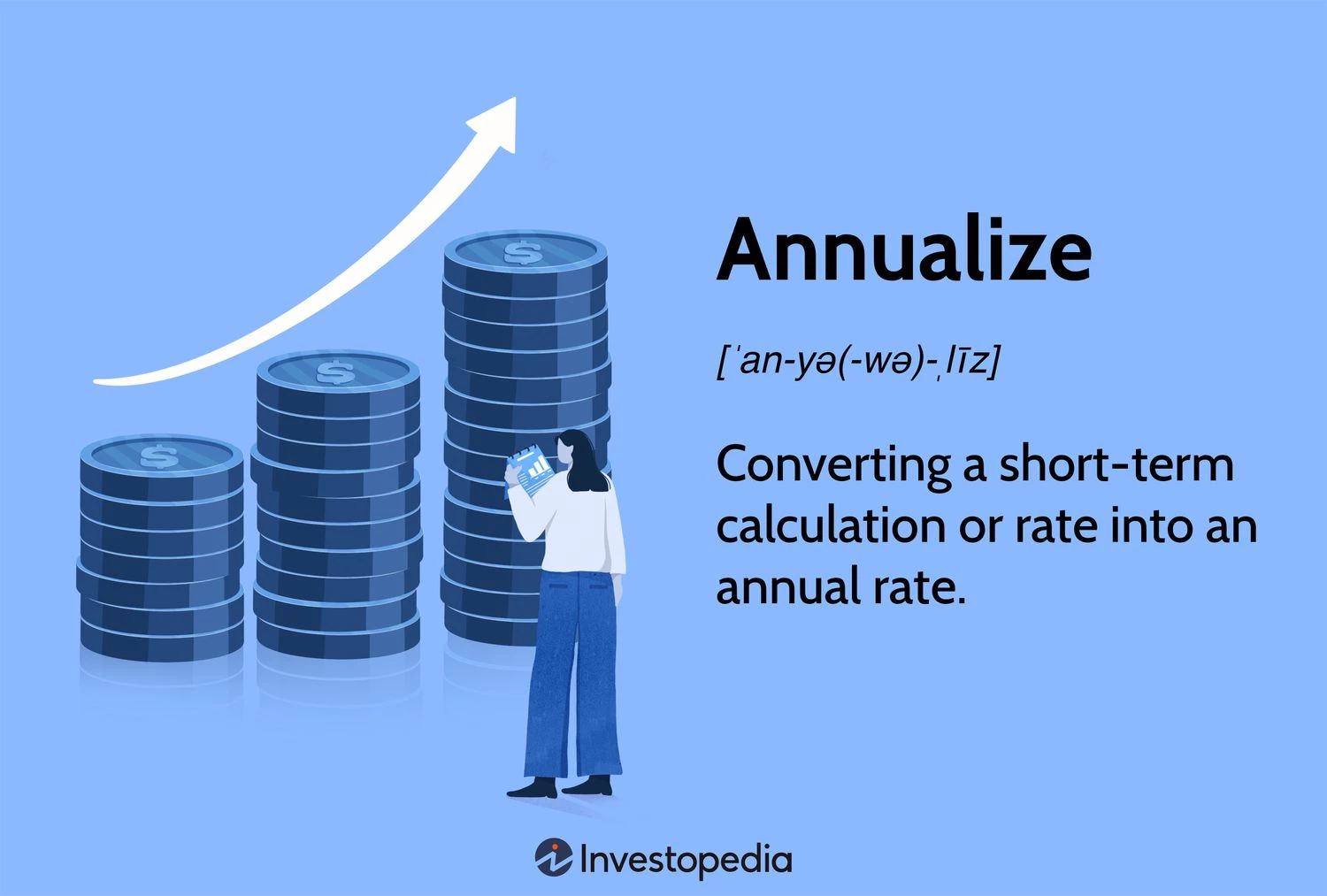What is the reason brokers request personal information from investors?
When investors reach out to brokers, they may find themselves facing inquiries for personal information. These requests are not made without reason; brokers are simply following legal requirements mandated by the Securities Exchange Commission (SEC).
This mandated information is essential for brokers before executing any trades on behalf of clients. It includes crucial details such as Social Security numbers or tax IDs, contact information, and whether the individual has insider status at any publicly traded company.
SSN Requirements for Trading Stocks
Broker-dealers in the U.S. must record a tax identification number (TIN) for their clients, typically using Social Security numbers (SSNs). However, non-U.S. citizens have alternative options like passport numbers or government-issued ID numbers.
Personal Information
The information required by brokers, as per Rule 17a-3(a)(17) of the Securities Exchange Act of 1934, encompasses a range of details including names, SSNs/TINs, addresses, phone numbers, date of birth, income, net worth, and investment objectives.
Apart from tax compliance, brokers need this data to facilitate IRS reporting and to match investors with suitable investments, while complying with SEC regulations regarding suitability, record-keeping, and anti-money laundering.
Suitability
Suitability involves aligning an investor’s financial circumstances with broker recommendations, ensuring advice is tailored to individual risk tolerance, financial goals, debts, years to retirement, and net worth to avoid conflicts of interest.
Record-Keeping
Brokers are mandated by the SEC to maintain up-to-date records of clients’ personal information and may request periodic updates to ensure accuracy. Failure to provide or update this information can impact communication and investment-related documents such as prospectuses.
Terrorism and Money Laundering
To comply with anti-money laundering and anti-terrorist financing laws, brokers verify client identities using essential details like names, addresses, TINs, and dates of birth, aiming to prevent identity theft and illicit financial activities.
Additional Information
Additional details recommended by FINRA for better service include contact person information, account type preferences, and plans for uninvested cash, enhancing client-broker communication and service efficiency.
Online Brokerages and Trading Platforms
Investors engaging with online brokerages should exercise caution, conducting due diligence on platforms to avoid potential scams and identity theft risks associated with submitting personal information digitally. Authenticity verification through background checks and user reviews is crucial.
Why do brokers ask for social security?
Brokers require your social security or tax ID for IRS reporting, identity verification, and compliance with anti-money laundering and terrorism laws to safeguard against illicit financial activities.
How do you know if the broker is not a scammer?
To verify a broker’s legitimacy, consult resources like FINRA’s BrokerCheck or SEC’s Investment Adviser Public Disclosure (IAPD) website or contact FINRA directly to ensure your financial security.
Why do you need ID to trade?
Brokers request identification to confirm client identities, in accordance with regulations like anti-money laundering, terrorism laws, and customer policies, ensuring secure and compliant trading practices.
The Bottom Line
While it may seem intrusive, providing personal information to brokers is essential for legal compliance and matching you with appropriate financial products. Ensure diligence in sharing confidential details online and seek clarification if unsure about requested information.





